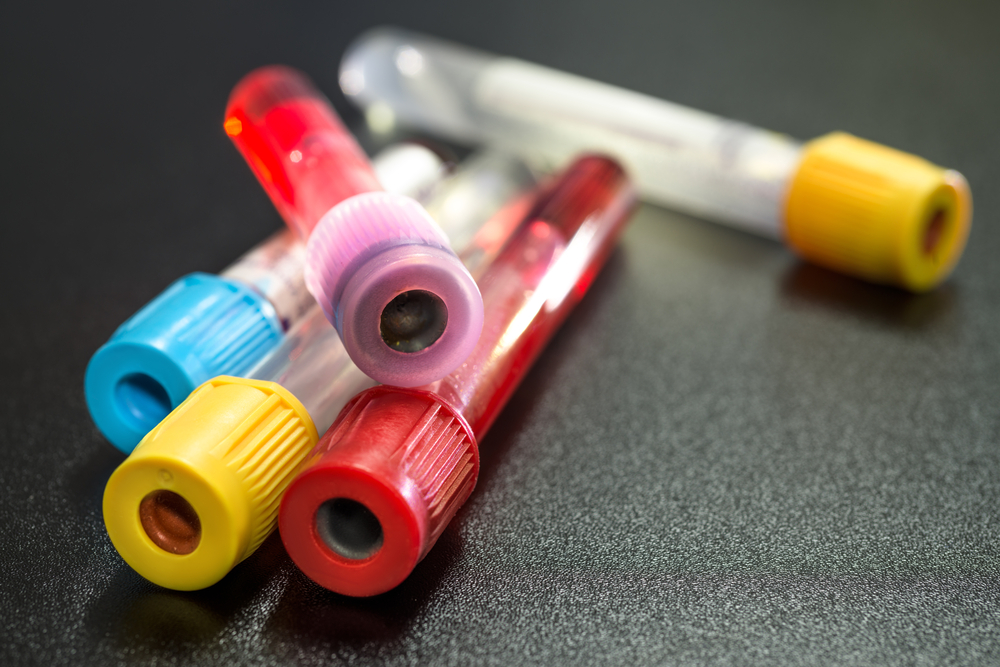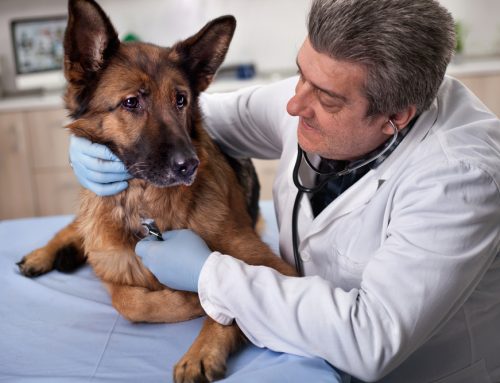The Importance of Annual Bloodwork for Your Pet
Creature Comforts Veterinary Service | Saylorsburg, PA
Why Annual Bloodwork Matters for Your Pet
As pet owners, we want our furry companions to live long, healthy lives. While regular checkups help veterinarians assess your pet’s overall well-being, annual bloodwork provides critical insight into internal health—helping detect diseases before symptoms appear.
At Creature Comforts Veterinary Service, we emphasize preventive care, using blood tests to catch early signs of illness, monitor ongoing health conditions, and establish baseline values for your pet.
Learn why regular veterinary visits are crucial for pet health.
Understanding Annual Bloodwork and What It Tests For
What Does Veterinary Bloodwork Include?
Blood tests assess key functions in your pet’s body, helping detect conditions like kidney disease, liver issues, diabetes, and thyroid imbalances.
- Complete Blood Count (CBC) – Evaluates red and white blood cells to detect anemia, infections, or clotting disorders.
- Chemistry Panel – Assesses kidney, liver, and pancreatic function, as well as electrolyte balance.
- Thyroid Testing – Screens for hypothyroidism (dogs) or hyperthyroidism (cats), both of which can cause significant health issues.
- Glucose Levels – Identifies early signs of diabetes before symptoms become severe.
Explore the different types of veterinary medical tests here.
How Bloodwork Helps Detect Disease Early
Many illnesses don’t show obvious symptoms until they are advanced. Routine bloodwork allows us to:
- Identify hidden diseases early – Conditions like chronic kidney disease, diabetes, and liver dysfunction are easier to manage with early detection.
- Track ongoing health trends – Monitoring trends over time helps veterinarians spot gradual changes before they become serious.
- Improve treatment outcomes – Early intervention means less invasive, more effective treatment plans.
Preventive testing for senior pets is especially important. Learn more here.
Benefits of Regular Bloodwork for Your Pet
1. Detects Early Signs of Chronic Diseases
Many diseases develop slowly over time, making annual screening essential for early diagnosis.
- Kidney Disease – Bloodwork helps detect elevated creatinine and BUN levels, early markers of declining kidney function.
- Liver Disease – Elevated ALT and ALP enzymes can signal liver damage before jaundice or vomiting appears.
- Diabetes – High blood glucose levels indicate early-stage diabetes, allowing for dietary and lifestyle adjustments before insulin becomes necessary.
Learn more about why bloodwork is essential for your dog’s health.
2. Monitors Organ Function & Medication Effects
If your pet is on long-term medications, annual bloodwork helps ensure that the kidneys and liver are processing them safely.
- Senior pets & those on pain medication – Monitoring kidney and liver function prevents medication-related toxicity.
- Pets with chronic illnesses – Conditions like thyroid disease or Cushing’s disease require routine blood tests to adjust medication doses.
3. Establishes a Health Baseline
Every pet is unique, and bloodwork helps establish normal values for your individual pet.
- A health baseline makes it easier to detect subtle changes over time.
- Allows for early diagnosis of developing conditions before they become serious.
What to Expect During a Bloodwork Appointment
1. Preparing Your Pet for Blood Tests
- Fasting may be required – Certain tests require 6-12 hours of fasting for accurate results.
- Keep your pet hydrated – Dehydration can affect blood values and make the blood draw more difficult.
- Minimize stress – Bringing your pet’s favorite blanket or toy can help them feel comfortable.
Contact us for specific bloodwork preparation guidelines.
2. How Blood is Collected
Our trained veterinary team ensures the blood draw is quick and as stress-free as possible.
- A small sample is taken from the leg or neck vein.
- The process only takes a few minutes.
- Most pets tolerate it well, with little to no discomfort.
Results are usually available within 24-48 hours, and your veterinarian will discuss findings and any necessary next steps.
Explore why routine veterinary checkups are critical.

Common Questions About Pet Bloodwork
1. How Often Should My Pet Have Bloodwork?
- Healthy adults – Annually as part of routine checkups.
- Senior pets (7+ years old) – Every 6 months to monitor age-related conditions.
- Pets with chronic illnesses – Quarterly or as recommended by your veterinarian.
2. Is Blood Testing Safe?
Yes! Blood tests are routine and minimally invasive, performed under safe, stress-free conditions.
3. What Happens if My Pet’s Bloodwork Shows an Abnormality?
- If results indicate an issue, your veterinarian will recommend further testing or adjustments to diet, medications, or lifestyle.
- Many conditions, when caught early, are highly manageable with proper care.
How to Make Bloodwork Part of Your Pet’s Routine Care
- Schedule annual wellness exams – Incorporate bloodwork into yearly checkups.
- Follow through on recommended tests – Early detection can save lives and reduce long-term medical costs.
- Keep a health journal – Track test results and discuss any changes with your veterinarian.
Is it time for your pet’s annual bloodwork? Schedule an appointment today!
Why Choose Creature Comforts Veterinary Service?
At Creature Comforts Veterinary Service, we believe preventive care is the foundation of lifelong health. Our team is committed to:
- Providing comprehensive bloodwork screenings tailored to your pet’s needs.
- Offering personalized treatment plans based on test results.
- Ensuring your pet’s comfort and well-being during every visit.
Take control of your pet’s health today! Book your pet’s next bloodwork appointment.







Leave A Comment